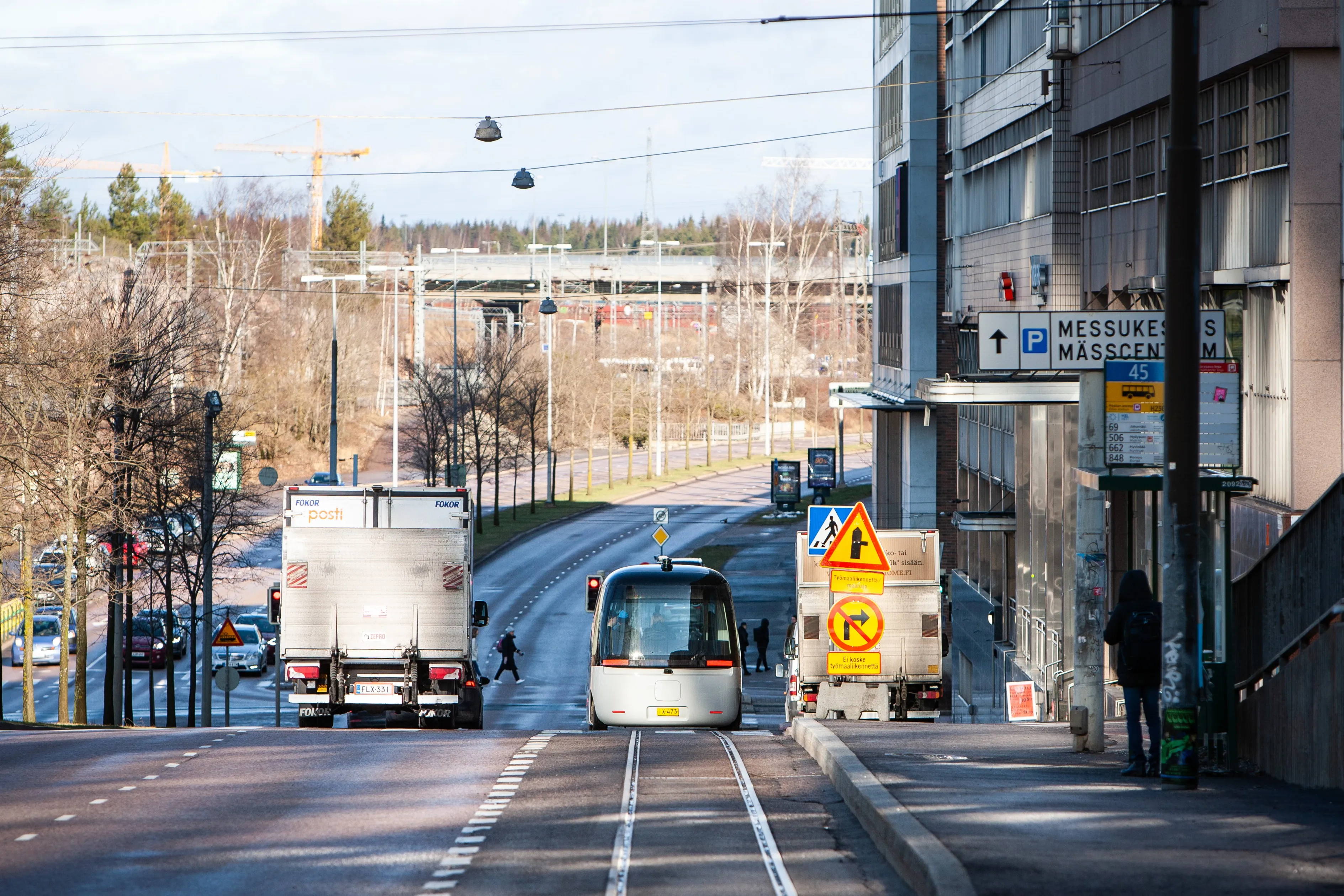Honda has announced a joint venture with the Contra Costa Transportation Authority (CCTA) to test its driverless Acura RLX sedan at the Concord Naval Weapons Station in California.
In conjunction with the City of Concord, Honda will use the newly branded GoMentum Station test-bed site at the CNWS to advance its technologies. Honda also plans to participate in a consortium committed to making Contra Costa County home to a premier testing facility for automated drive technologies.
GoMentum Station, a
April 2, 2015
Read time: 2 mins
In conjunction with the City of Concord, Honda will use the newly branded GoMentum Station test-bed site at the CNWS to advance its technologies. Honda also plans to participate in a consortium committed to making Contra Costa County home to a premier testing facility for automated drive technologies.
GoMentum Station, a 5,000-acre facility, is the largest secure test-bed of its kind, located at the CNWS. The CNWS was officially closed in 2007 and is currently in the process of being transferred to the City of Concord. GoMentum Station contains 20-miles of paved, city-like roadway grids, buildings and other urban infrastructure, providing a realistic environment that will help accelerate the development of automated and connected vehicle technologies. The public will not have access to the test-bed site, and the automated vehicle testing will be restricted to the site.
Honda will leverage modified versions of Acura's flagship RLX sedan for development and testing at GoMentum Station. New, prototype sensors and cameras added to the vehicle will work hand-in hand with the array of forward, reverse and corner sensors that enable a suite of AcuraWatch safety and driver assistive technologies on the production RLX.
"The Concord Naval Weapons Station is an ideal proving ground to augment Honda's research and development efforts because it is a controlled environment that can be continuously modified to represent a wide array of settings that an automated vehicle must navigate, especially for urban operation," said Paul Cummings, group lead for Systems Integration, Automated Vehicle Research, Honda Research Institute USA. "This program will bring a new level of robustness to Honda's industry-leading efforts in the area of automated and connected vehicle technology."








